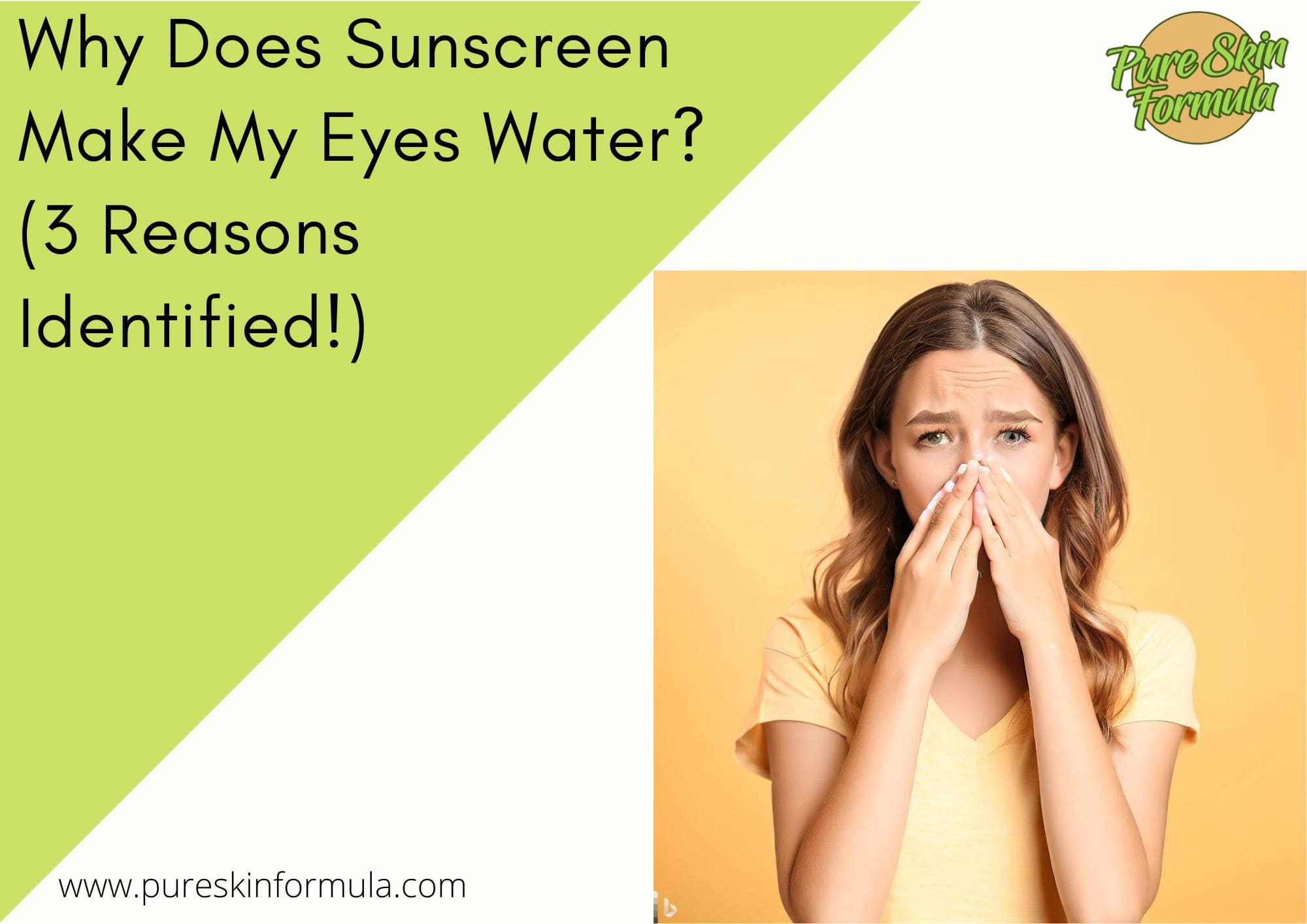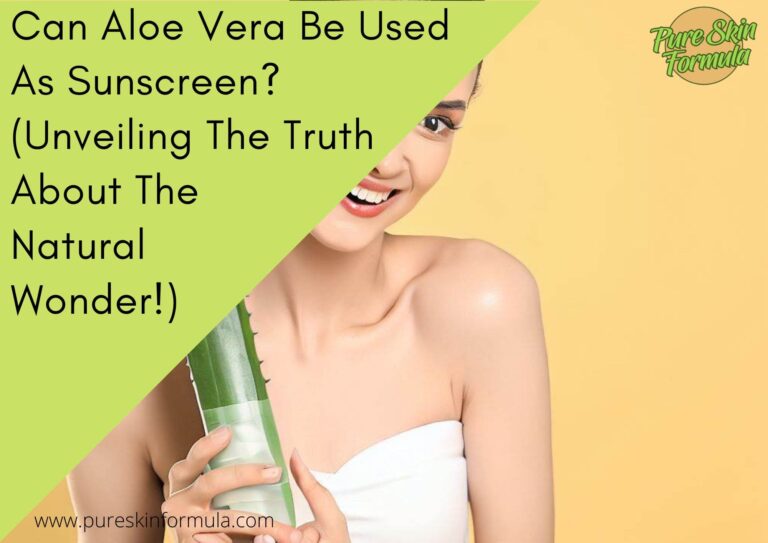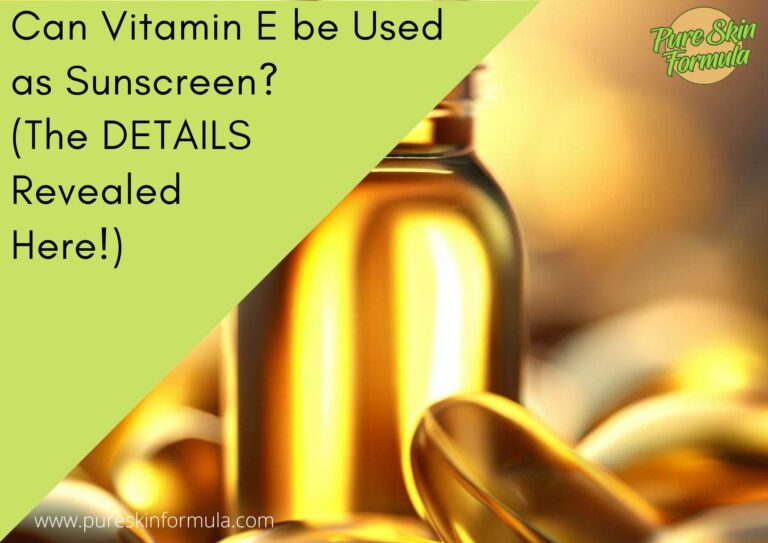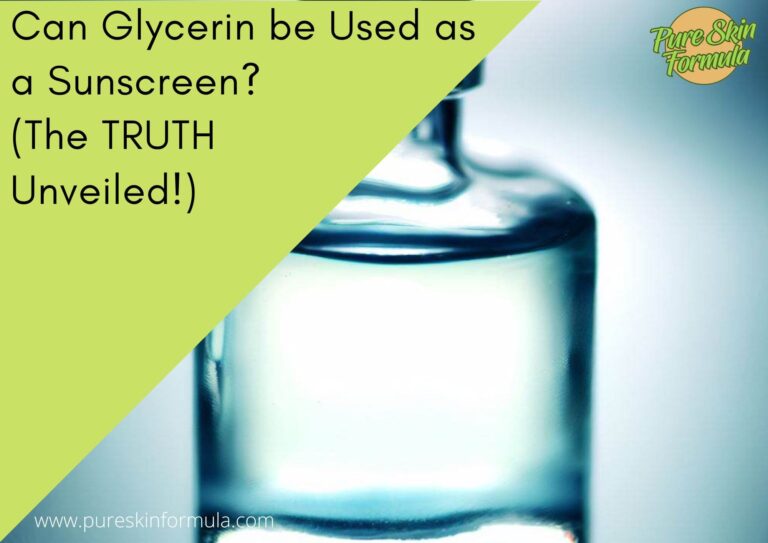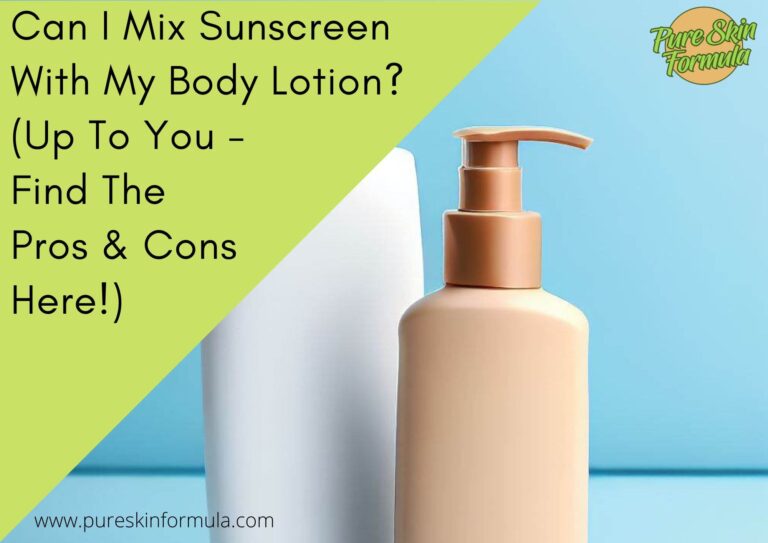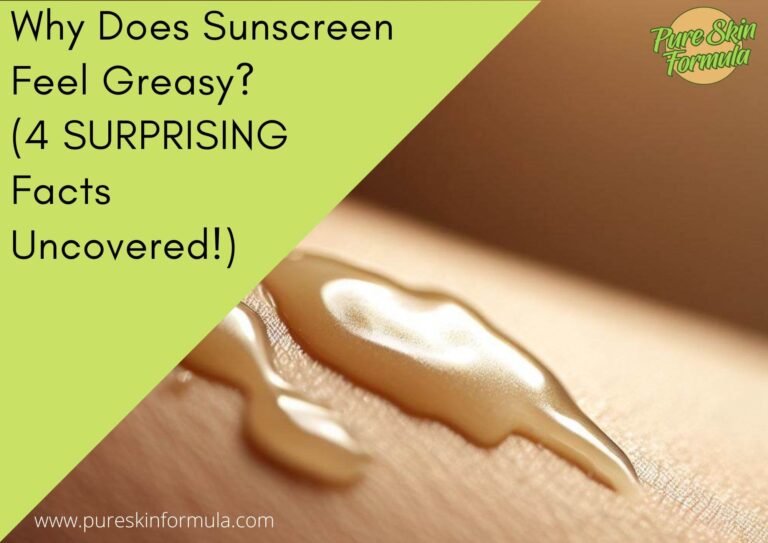Have you ever found yourself basking in the sun, diligently applying sunscreen, only to have your eyes suddenly start watering uncontrollably?
It’s a frustrating and uncomfortable experience, leaving you wondering why this happens and how to prevent it.
Understanding the complex interaction between sunscreen and our delicate eye tissues is the answer.
In this article, I will delve into the science behind why sunscreen can make your eyes water, exploring the anatomy of the eye.
I’ll also uncover why some people are more prone to this issue due to the sensitivity of their eyes.
By understanding these factors more deeply, you’ll be better equipped to find practical solutions and enjoy your time in the sun without the annoyance of watery eyes.
Let’s dive in!
Why does sunscreen make my eyes water?
- Certain chemical ingredients commonly found in sunscreens, such as benzophenones, avobenzone, and oxybenzone, can irritate sensitive tissues around the eyes, causing them to water as a defense mechanism.
- Fragrances, preservatives, and other additives can contribute to eye irritation. They may evaporate or migrate into the eyes, leading to discomfort and tearing.
- If sunscreen is not applied carefully or facial movements cause the product to migrate into the eyes, it can lead to irritation and watery eyes.
Even though eye watering can be bothersome, it is crucial to prioritize sun protection for overall skin and eye health.
Understanding sunscreen composition
When it comes to sunscreen ingredients, you’ll often come across two main types: chemical blockers and physical blockers. As the name suggests, chemical blockers absorb harmful UV rays and convert them into heat energy that is then released from the skin.

Common chemical ingredients include avobenzone, octinoxate, and oxybenzone. On the other hand, physical blockers create a physical barrier on the skin that reflects and scatters UV rays away from the skin’s surface.
These blockers typically contain minerals like zinc oxide or titanium dioxide. They are often called “mineral” or “physical” sunscreens. While both types provide sun protection, some people may find that chemical blockers have a higher chance of causing eye-watering.
Certain chemical ingredients can irritate the delicate eye area, leading to discomfort and watery eyes. If you experience eye watering with chemical sunscreens, try physical blockers, which are generally better tolerated by sensitive eyes.
What about fragrances, preservatives, and other additives in sunscreens?
Have you ever wondered why your sunscreen smells so good or has a long shelf life? Well, the answer lies in the additives and preservatives present in the formulation.
While these ingredients may enhance the overall experience of using sunscreen, they can also be potential irritants for your eyes. Fragrances are often added to give sunscreens a pleasant scent.
If scented sunscreens make your eyes water, choosing fragrance-free options can help alleviate the problem.
Preservatives are another common ingredient found in sunscreens. They help prevent the growth of bacteria and fungi, extending the product’s shelf life.
However, some preservatives, such as parabens and formaldehyde-releasing agents, can cause eye irritation. If you suspect preservatives to be the culprit behind your watery eyes, consider choosing “paraben-free” sunscreens.
Other additives like dyes, alcohol, and emulsifiers may also contribute to eye irritation in some people. While these ingredients are generally considered safe, individual sensitivities can vary.
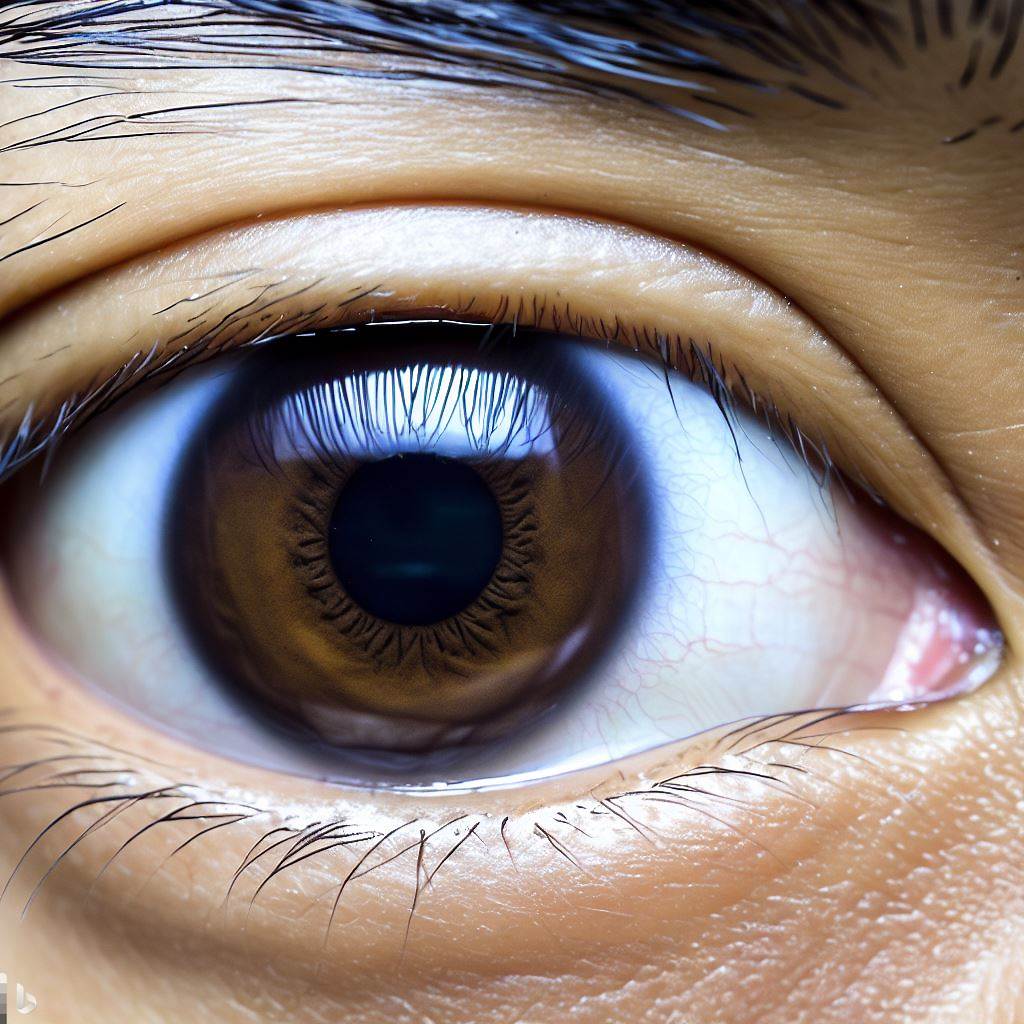
If you experience eye watering or discomfort, sunscreens with minimal additives or those specifically formulated for sensitive skin may be worth trying.
The eye-sunscreen connection
Ah, the wonders of our eyes! They are our windows to the world and incredibly delicate organs. To understand why sunscreen can make our eyes water, we need to delve into the anatomy of the eye.
Our eyes consist of several layers of tissues, including the cornea, conjunctiva, and eyelids. The eye’s clear front surface cornea is particularly vulnerable to irritation.
The conjunctiva, a thin membrane covering the eye’s white part and inner eyelids, is also highly sensitive.
When sunscreen comes into contact with these delicate ocular tissues, it can irritate, leading to an automatic response from our eyes: watering.
It’s a natural defense mechanism to protect the eyes from potential harm. So, if you feel your eyes watering when applying sunscreen, it’s a sign that your eye tissues are reacting to something in the product.
Here’s an interesting fact: only some experience eye-watering to the same extent when using sunscreen.
Some of us may find our eyes more prone to watering than others. Why? Well, it boils down to the unique sensitivity of our eyes.
Just like our skin can be sensitive to specific ingredients or environmental factors, our eyes can be sensitive too.
What about sprays?
Aerosol sunscreens, those convenient spray-on formulations, come with their own considerations.
These products contain volatile organic compounds (VOCs) that help deliver sunscreen in a fine mist. However, these VOCs can evaporate quickly and potentially irritate the eyes.
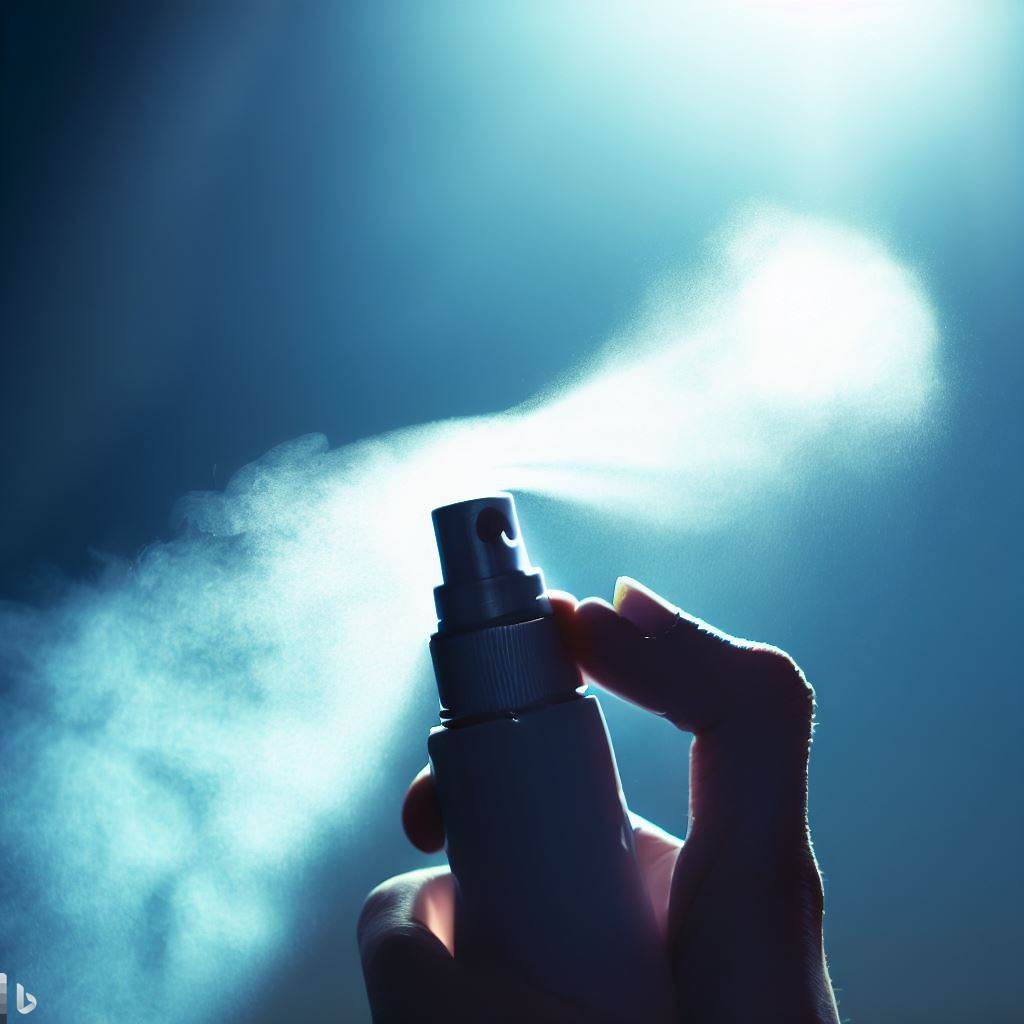
When you spray aerosol sunscreen, there is a chance that some of the product may inadvertently reach your eyes.
The VOCs in the sunscreen can cause eye irritation, leading to watering and discomfort.
To minimize the risk, close your eyes tightly or use your hand as a shield while applying aerosol sunscreen.
Alternative ways of sun protection
Sometimes, the best way to minimize eye irritation from sunscreen is to explore alternative forms of sun protection.
Sunglasses, wide-brimmed hats, and clothing can all play a role in shielding your eyes from the sun’s harmful rays. Investing in a good pair of sunglasses with proper UV protection can significantly reduce the need for sunscreen around the eye area.
Match your sunglasses with a stylish wide-brimmed hat that offers shade to your face and eyes. These hats provide additional protection by blocking direct sunlight and minimizing the need for excessive sunscreen application.
Consider wearing lightweight, breathable clothing that covers your skin during extended sun exposure. Long-sleeved shirts, long pants, and UV-protective fabrics can reduce the amount of sunscreen needed on your body, minimizing accidental eye contact.
What about allergic reactions?
Sometimes, eye-watering triggered by sunscreen may be a symptom of an underlying allergic reaction or an existing eye condition.
Allergies, for example, can cause eye irritation and watering when exposed to certain substances. Your eye care specialist can assess whether you have specific allergies contributing to the problem.
They may recommend allergy testing or prescribe allergy medications to manage your symptoms.
Similarly, if you have pre-existing eye conditions such as dry eye syndrome, blepharitis, or conjunctivitis, these conditions can make your eyes more sensitive to sunscreen ingredients.
Conclusion
Understanding why sunscreen makes your eyes water is the first step towards finding relief and enjoying sun-filled days with clear, comfortable vision.
Various factors contribute to this common issue, from the delicate nature of ocular tissues to the irritation and tear production mechanism.
By choosing eye-friendly sunscreens, applying them correctly, and considering alternative forms of sun protection, you can minimize the chances of eye irritation.
Seeking professional advice from eye care specialists can provide valuable insights and personalized recommendations.
Your eyes deserve protection from the sun’s harmful rays, so take the necessary steps to keep them safe and enjoy the great outdoors with clear, dry eyes.
Thank you for reading!
Valeria

